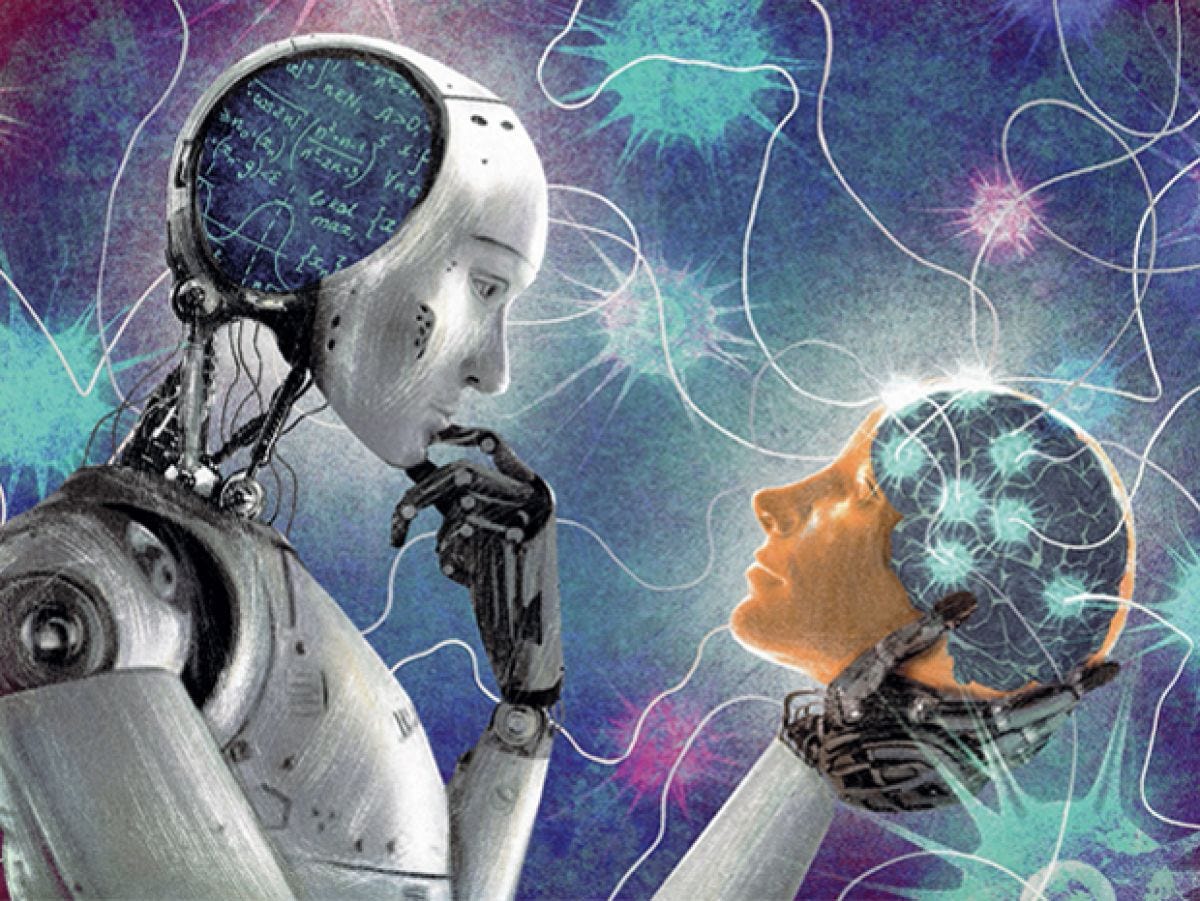Don’t let tech gurus decide the future, warns Nobel laureate economist Simon Johnson
Source : https://www.epochtimes.fr/ne-laissez-pas-les-gourous-de-la-tech-decider-de-lavenir-alerte-le-nobel-deconomie-simon-johnson-2763514.html
Should the future be decided by the bosses of tech giants? For Nobel Prize winner in economics Simon Johnson, a professor at the prestigious MIT, giving too much power to a few billionaires can only be done to the detriment of the general interest.
The development of artificial intelligence (AI) must also benefit the least qualified, insists the British-American economist in a telephone interview with AFP, highlighting the risks of the automation of work, one of his favorite subjects along with the relationship between democracy and economic prosperity. Simon Johnson won the 2024 Nobel Prize in economics with American-Turk Daron Acemoglu and British-American James A. Robinson.
Your work studies the link between democratic institutions and economic progress, but a significant portion of the population of Western countries is turning to populist movements because they feel excluded from growth. How can this be explained? I was in France during the recent elections, I am not an expert on this country but it seems to me that even in prosperous areas, people are disappointed, they are frustrated, they feel that democracy has not been implemented. We find the same thing in the United States.
The major impact of AI on jobs
This inability to produce results in people's lives is a problem, we must remedy it by creating more quality jobs, it is fundamental: a job where your productivity is higher, your salary is higher and your working and living conditions are better than they were in the past, better than those of your parents... If a system makes promises on this and does not keep its promises, I think we can expect a certain disappointment and a backlash.
However, the way in which technology is invented, developed and deployed has a major impact on the type of jobs created. On artificial intelligence (AI): will it increase productivity and wages for low-skilled workers, or will it lead to excessive automation, where people are laid off in stores and replaced with automated checkout machines?
Who benefits from AI in this context? The most educated workers? Let’s be honest, AI is mostly beneficial to big tech companies. These people are seen as heroes today. But I think we have to ask ourselves whether we should be giving so much power to a small number of people.
The vision that shapes technology is absolutely critical. We’ve been talking to the highest levels of the US government, saying, “Don’t let the big tech gurus dominate what gets developed, how it gets used, and how it impacts jobs.” Because what you’re going to get is their vision of the future, not for your people, not for your community, but for their own wealth.
Digital advertising is like tobacco and junk food
So do we need more regulation for big tech companies? The business model of Meta (Facebook, Instagram), Alphabet (Google’s parent company, editor’s note) and a few other companies is based on digital advertising, which grabs your attention, manipulates your emotions. It’s bad for your mental health, it’s very bad for children, and it’s terrible for democracy, because what they want is to make you angry, to make you angry at other people. We should realize that digital advertising is like tobacco and junk food.
I’m not proposing to ban it, I don’t think that would work, but it should be heavily taxed. We (with Daron Acemoglu, editor’s note) are proposing a fairly high tax on digital advertising, which would generate about $200 billion in additional revenue for the United States, which is a significant amount of money at the moment. We suggest that Congress spend some of that money on mental health, including children’s mental health.
In any case, pushing these companies to change their business models and rely less on advertising would benefit many people, on many fronts, but also on the democracy front. We need to depolarize, and get back to finding common ground.



